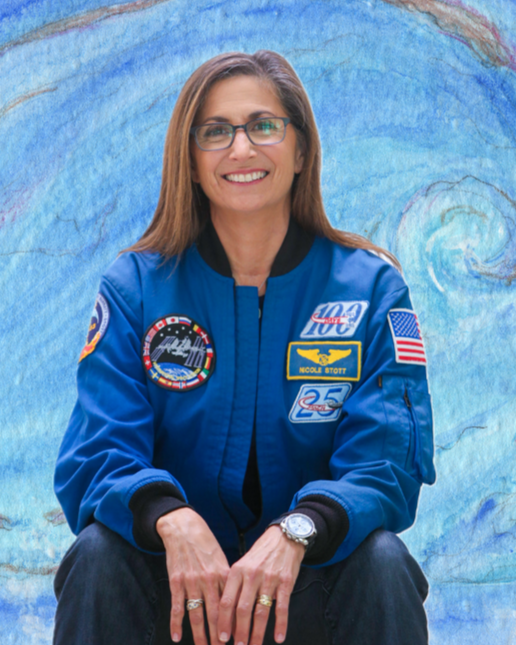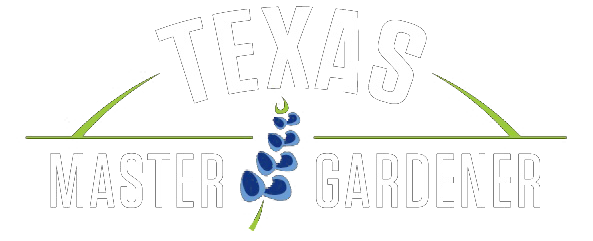Anna Caroline Ball
Anna Caroline Ball is Chairman and CEO of the 120-year-old Ball Horticultural Company, which specializes in all aspects of horticulture, including breeding, biotechnology, production, and marketing of hybrid flower seeds and other floriculture crops. Privately-held and now in its fourth generation of family management, Ball Horticultural Company operates in over 20 countries worldwide.
Anna received her B.A. degree from the University of Colorado and her M.B.A. from Northwestern University. She is a Trustee of The Morton Arboretum and head of the G. Carl Ball Family Foundation. She is the Chairman of Career Vision, an organization focused on the discovery and development of human potential through the development and delivery of aptitude testing and career exploration. She has been featured in industry publications, highlighting her role as a leading woman in horticulture. Anna lives in Glen Ellyn, Illinois.
Opening Keynote: Monday August 25th 11:30AM
Presentation: Trends in Horticulture: Shaping the Future of Plants and People
This presentation will explore emerging trends in horticulture and their impact on our lives and landscapes. We will discuss the growing role of horticulture in mental and physical well-being, highlighting how plants improve air quality and reduce stress. Additionally, we will examine advancements in automation, such as smart irrigation and robotic harvesting, as well as breeding innovations that enhance sustainability, resilience, and aesthetics in modern plant cultivation.
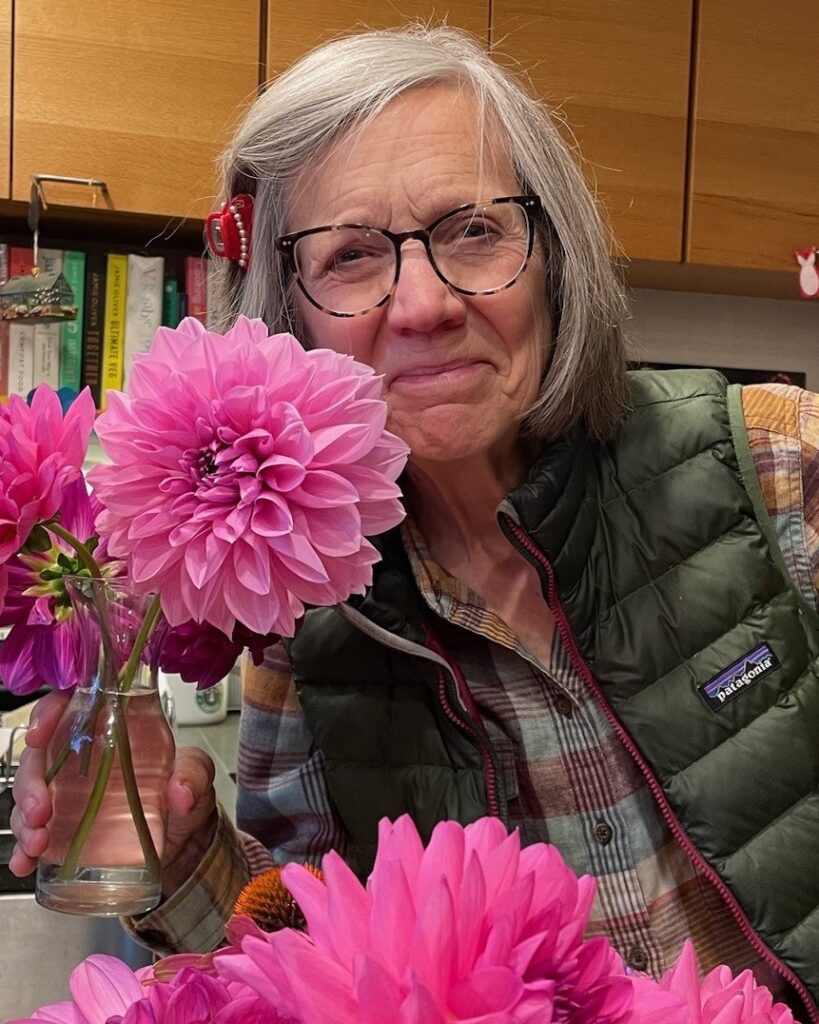
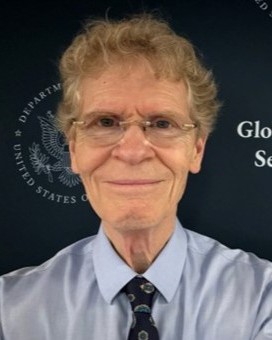
Dr. Cary Fowler
Dr. Cary Fowler recently stepped down as the Special Envoy for Global Food Security at the U.S. Department of State, where he promoted the “Vision for Adapted Crops and Soils” (VACS) to catalyze research and development of indigenous African Crops. From 2005-12, he was the Executive Director of the Global Crop Diversity Trust which provides on-going support to major crop genebanks around the world. Prior to that he was Professor and Head of Research at the Department of International Environment and Development Studies at the Norwegian University of Life Sciences and a senior advisor in the CGIAR system.
Dr. Fowler is perhaps best known as the “father” of the Svalbard Global Seed Vault which holds samples of 1.3 million unique crop varieties. In the 1990s he led the UN Food and Agriculture Organization’s (FAO) initiative to produce the first Report on the State of the World’s Plant Genetic Resources and the Global Plan of Action for the Conservation and Sustainable Utilization of PGRFA. He holds a Ph.D. from Uppsala University in Sweden and four honorary doctorates as well as the Award for Citizen Leadership from the University of Virginia and the Thomas Jefferson Foundation and the Proctor Award from the Garden Clubs of America. Most recently he was named the 2024 World Food Prize Laureate.
He is a native of Tennessee and currently lives on a farm in upstate New York with his wife Amy Goldman, a seed saver and writer of garden, fruit and vegetable books.
Day 1 Keynote: Monday August 25th 4:00PM
Presentation: Seeds of Peace and Security
The effects of climate, soil degradation and loss, and water shortages seem poised to leave us far short of producing enough to ensure food security by 2050. Our food crops will need to adapt to new conditions and produce considerably more if we are to feed people and not conflict. Getting the fundamentals right starting with conserving and utilizing crop diversity and building healthy, fertile soils has never been more important. In this talk we’ll examine the troubling trends, we’ll look at positive developments and we’ll tour the Svalbard Global Seed Vault where 1.3 million seed samples are conserved near the North Pole.
Noel Kingsbury
Noel Kingsbury is an internationally recognized writer, educator, and consultant specializing in plants, gardens, and the environment. Best known for promoting an ecological and naturalistic approach to planting design, Noel has authored 25 books on various aspects of horticulture, including four co-written with renowned Dutch designer Piet Oudolf. His writing has been featured in Gardens Illustrated, The New York Times, The Guardian, The Daily Telegraph, The Garden, Hortus, and many other leading publications.
In addition to writing, Noel is an experienced planting designer and consultant, primarily working with landscape architects on public projects. One of his major current projects is the Queen Elizabeth Garden in London’s Regent’s Park, in collaboration with HTA Landscapes. He is also available for private garden commissions, bringing a research-based, ecological perspective to their designs.
Research plays a central role in Noe’s approach to horticulture. In the mid-2000s, he conducted PhD research at the University of Sheffield, focusing on the ecology and behavior of ornamental perennials. This work has been followed by further research into long-term plant performance, much of which is documented on Perennial Directory. His commitment to evidence-based horticulture informs both his design work and educational initiatives.
Education has become an increasingly significant part of Noel’s career. Originally working in adult education, he is deeply committed to improving how knowledge and skills are shared within the horticulture and landscape professions. He teaches Learning with Experts and, alongside Annie Guilfoyle, co-run Garden Masterclass. This program offers in-person workshops across the British Isles and has grown into a leading provider of online education, delivering expert-led courses, discussions, and even entertainment for garden and landscape professionals and dedicated enthusiasts. One of their most popular workshops, The Rabbit’s Eye View, focuses on understanding the long-term performance of perennials.
Beyond horticulture, Noel encourages engagement with broader cultural and environmental issues, advocating for connections between gardens, art, society, politics, and the natural world. His interest in food and farming issues is reflected in Hybrid: The History and Science of Plant Breeding, a widely praised book that explores the fascinating intersection of science and agriculture.
With a career spanning writing, research, design, and education, Noel continues to influence the way gardens are created, studied, and understood, bringing a thoughtful and research-driven approach to horticulture worldwide.
Day 2 Keynote: Tuesday August 26th 9:00AM
Presentation: Contemporary Garden Design
A slightly irreverent exploration of contemporary trends in garden design, this session will take a look at both the structural elements and plant choices shaping today’s landscapes. From innovative hardscaping materials to bold, unconventional planting schemes, we’ll examine how modern aesthetics, environmental considerations, and evolving gardening philosophies are influencing outdoor spaces. Whether you’re a traditionalist or a trendsetter, this discussion will challenge perceptions, spark creativity, and offer fresh perspectives on the ever-changing world of garden design.
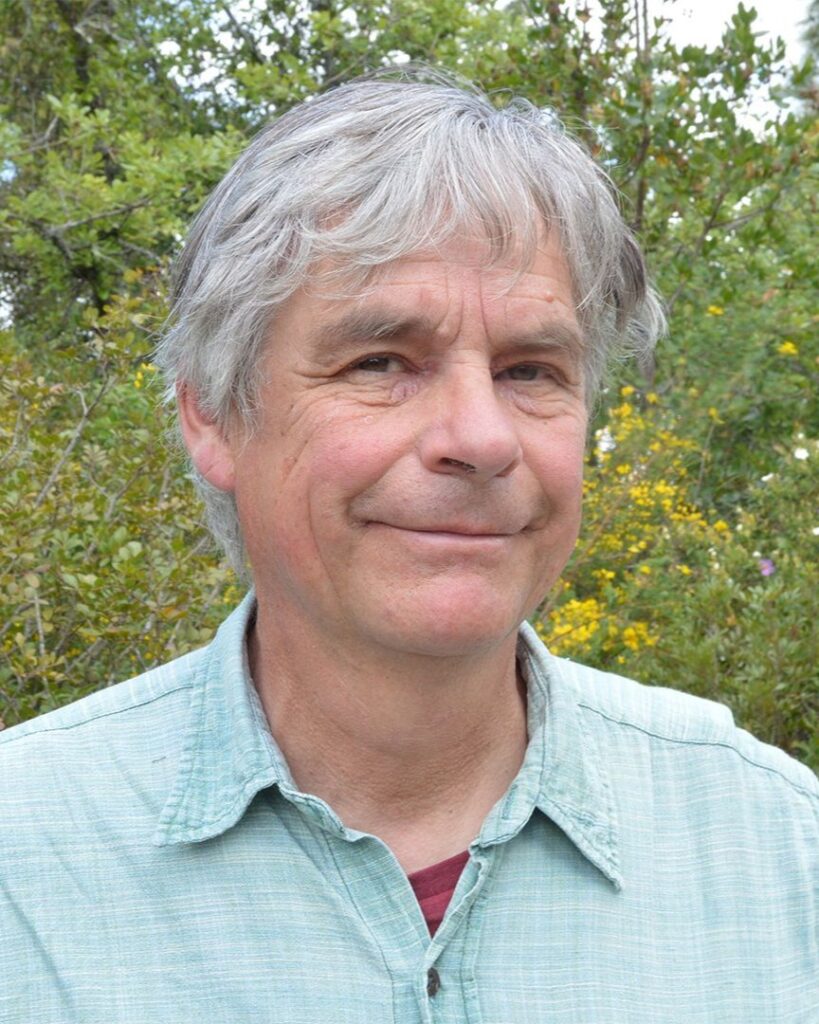
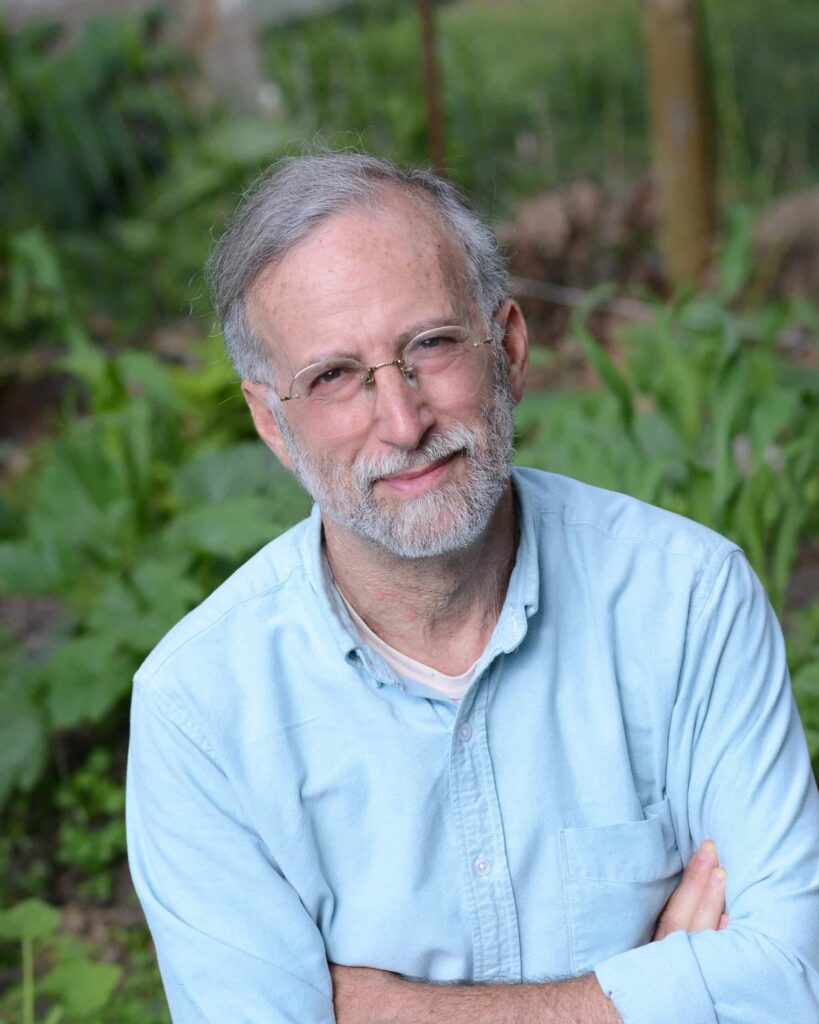
Gary Oppenheimer
Gary Oppenheimer is a nationally recognized leader in food waste reduction, a World Food Prize nominee, CNN Hero, TEDx speaker, and founder of AmpleHarvest.org, a groundbreaking initiative connecting millions of home gardeners with local food pantries to combat food insecurity. His advocacy has been recognized by the White House, USDA, Google, and numerous national organizations.
A Master Gardener and Rutgers Environmental Steward, Gary has long been dedicated to environmental sustainability. After moving to rural New Jersey and developing his own orchard and garden, he realized the potential of homegrown food to address hunger. In 2009, he launched AmpleHarvest.org, which now supports nearly 9,000 food pantries nationwide. His efforts have been featured on CNN, in major publications, and at national conferences.
Before his work in food systems, Gary was an early pioneer in electronic mail, working with MCI in the 1980s to advance global communication. He became one of the company’s top sales agents while working from his home office on a boat docked on the Hudson River. His passion for technology, problem-solving, and making a difference has defined his career.
Beyond his professional achievements, Gary is an avid gardener, long-distance cyclist, and environmental advocate. He serves on advisory boards for food recovery initiatives and regularly speaks on hunger, sustainability, and community impact. His belief in tackling the impossible continues to drive his work in food justice and environmental stewardship.
Day 2 Keynote: Tuesday August 25th 2:15PM
Presentation: America’s Food Safety Net – How We Fight Hunger With One Hand Tied Behind Our Back
While 6 million Americans grow more food in their garden than they can use, preserve or give to friends, 50 million Americans nationwide are food insecure. An award winning disruptive solution enables people to reach into their backyard instead of their back pocket to help end hunger.
Doug Tallamy
Doug Tallamy is a professor, author, and entomologist known for his influential work in conservation and native plant ecology. He is a professor in the Department of Entomology and Wildlife Ecology at the University of Delaware, where his research focuses on the relationships between insects, plants, and ecosystems, particularly the role of native plants in supporting biodiversity.
Tallamy is best known for his books, including Bringing Nature Home: How You Can Sustain Wildlife with Native Plants and Nature’s Best Hope: A New Approach to Conservation That Starts in Your Yard. His work emphasizes how homeowners and gardeners can contribute to ecological restoration by planting native species that support pollinators and other wildlife. He also co-founded the Homegrown National Park initiative, a grassroots movement encouraging people to create habitat corridors by incorporating native plants into their landscapes.
His research and advocacy have made a significant impact on landscape design, conservation, and gardening practices, inspiring individuals and communities to rethink traditional landscaping in favor of more ecologically beneficial approaches.
Day 3 Keynote: Wednesday August 27th 9:45AM
Presentation: Next Steps for Nature: 500 Questions (and Answers) for How to Save Nature in Our Yards
Even after reading books and attending talks, many still have pressing questions about ecological landscaping. In this talk, Tallamy addresses common concerns on biodiversity, invasive species, native plants, and conservation strategies, providing practical guidance and motivation to restore nature in everyday spaces.
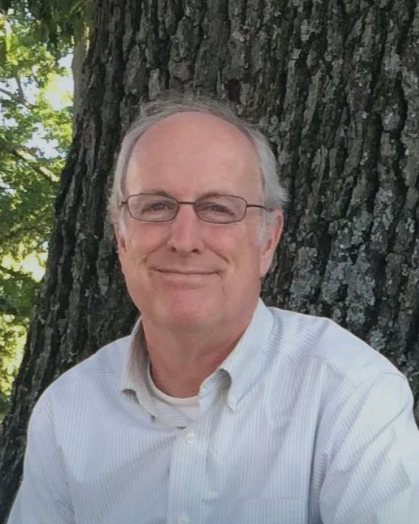
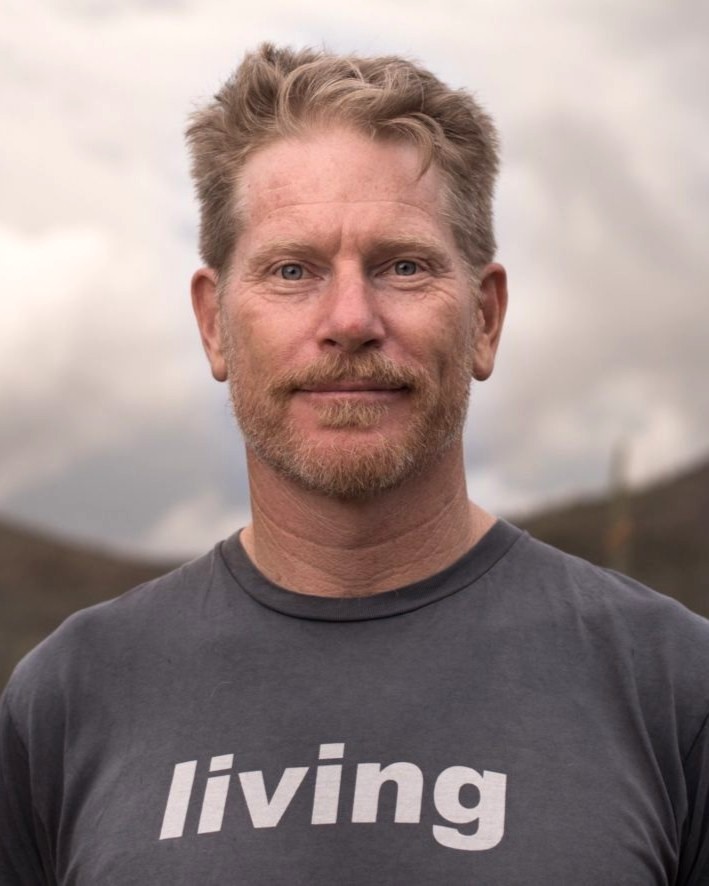
Brad Lancaster
Brad Lancaster has been a leader in permaculture and regenerative design since 1993, running a successful consulting and education business focused on integrated and sustainable approaches to landscape planning and living. Specializing in water harvesting, particularly in dryland environments, he has developed innovative methods for maximizing natural resources while creating resilient landscapes.
At home in the Sonoran Desert, Brad, along with his brother and family, harvests approximately 100,000 gallons (378,000 liters) of rainwater annually on their 1/8-acre urban lot and adjoining public right-of-way. This water sustains food-bearing shade trees, abundant gardens, and a thriving ecosystem that provides cooling, habitat, and beauty—reducing energy and water use while enhancing biodiversity. His expertise has enabled clients to create similar transformations, from ephemeral springs to neighborhood forests, by capturing runoff and restoring natural hydrology.
A strong advocate for native food forests, Brad emphasizes their ecological, cultural, and historical significance. His work extends beyond private landscapes through NeighborhoodForesters.org, a community initiative training citizen foresters to plant and care for rain-fed trees and gardens in urban spaces. Through these efforts, thousands of trees and understory plants have been established, sustaining themselves with harvested rainwater and fostering community engagement.
Brad’s philosophy centers on using water as a catalyst to reconnect people with natural systems and regenerative living. He integrates passive and active solar harvesting, seasonal shade design, and wind ventilation to enhance comfort and efficiency. His holistic approach turns homes and neighborhoods from resource consumers into resource generators.
As the author of the Rainwater Harvesting for Drylands and Beyond series, Brad provides accessible guidance on water harvesting and regenerative design. His books equip individuals with the tools to assess and implement sustainable practices in their homes and communities, transforming landscapes into self-sustaining, life-giving environments. Through decades of teaching, consulting, and hands-on experience, he continues to inspire people to become active stewards of their land and water resources, ensuring a more resilient future.
Day 3 Keynote: Wednesday August 25th 2:30PM
Presentation: Integrated Sun- & Shade-Harvesting for Buildings
Neighborhoods, Gardens, and LandscapesThis presentation explores simple, cost-effective strategies for harnessing winter sun and summer shade to improve comfort, conserve resources, and enhance garden productivity. Topics include seasonal sun paths, ideal building and tree orientation, passive solar design, integrating sun, shade, wind, and water, optimizing roof overhangs for temperature control, and solar rights. Attendees will also learn about solar cooking and retrofitting existing structures for greater energy efficiency.
Joe Lamp’l
Joe Lamp’l’s infatuation with gardening and nature began somewhat accidentally as a child. After an unfortunate run-in with his parents’ favorite shrub, he panicked and jammed the broken branch into the ground. A few weeks later, it had taken root. Young Joe was not only relieved; he was also irreversibly hooked on horticulture.
That moment of wonder led to a lifetime of learning and is now being shared regularly with a nationwide audience. As one of the most recognized and trusted personalities in gardening and sustainability today, Joe combines his national television experience, gardening and horticulture expertise, and passion for living a greener lifestyle as creator, host, and executive producer of Growing a Greener World®. Previously the host of Fresh From the Garden on DIY Network, Joe now also frequently shares his know-how on NBC’s TODAY, ABC’s Good Morning America, The Weather Channel, and through his many books, popular podcast series, nationally syndicated newspaper column, and more.
The American Horticultural Society has selected Joe as a recipient of the B.Y. Morrison Communication Award, which recognizes effective and inspirational communication through print, radio, television, and online media. Joe is also a multi-award winner for Best On-Air Talent by the Association for Garden Communicators and by The Taste Awards for: Breakout Storyteller of the Year; Best Environmental Television Series, Film, or Video; and Best Branded Television Series in 2016. In 2018, the series won a Daytime Emmy Award for Best Lifestyle Program.
Off-camera, Joe is deeply committed to growing a greener world through his weekly podcast series, The joegardener® Show, which features dynamic interviews with experts on topics ranging from “Attracting Pollinators to Your Garden” to “Composting Guide A to Z.” Joe is also the author of The Green Gardener’s Guide and Over the Fence with joegardener®
Day 4 Keynote: Thursday August 25th 9:45AM
Presentation: Greening your garden while protecting the planet
This presentation is based on Joe’s popular book, The Green Gardener’s Guide; simple significant actions to protect and preserve our planet. Gardeners enjoy a connection with the earth unlike anyone else. Ironically as we create and maintain beautiful gardens and landscapes, many gardeners are unknowingly doing so in a way that is harmful to our environment. In this popular presentation, Joe Lamp’l will entertain and stimulate your thinking in new ways, as he shares seven significant concepts we all can follow right now to make our gardens and community ‘greener’ while protecting the planet too.
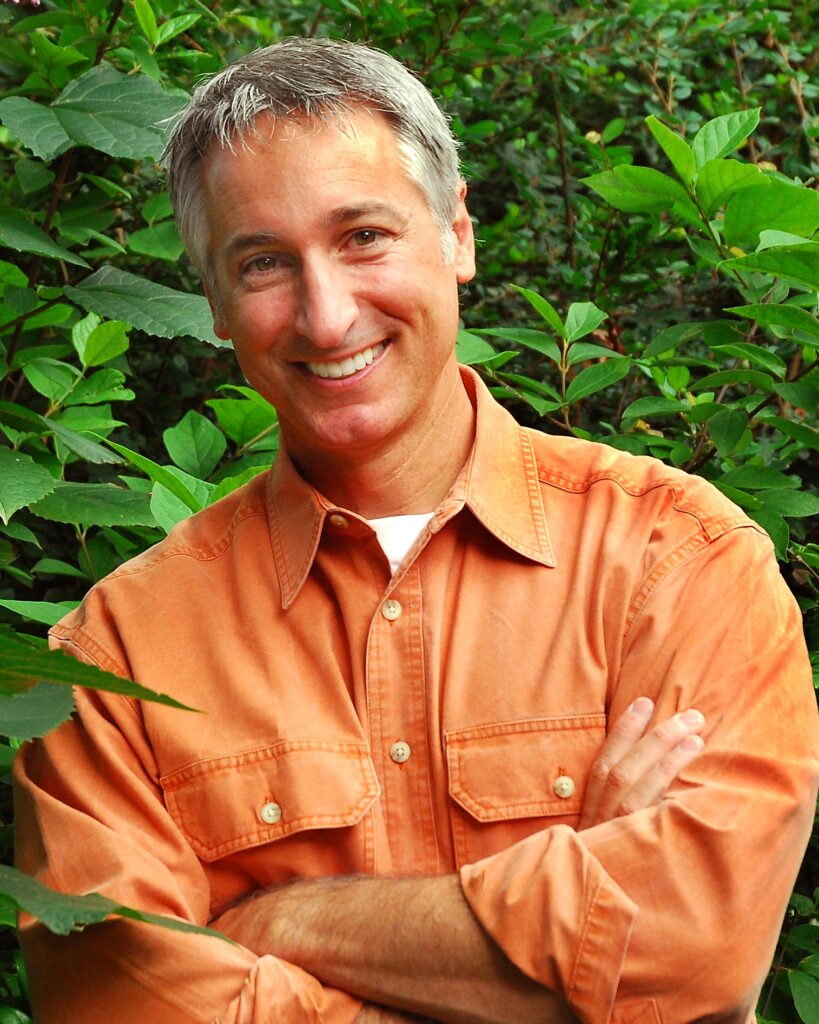
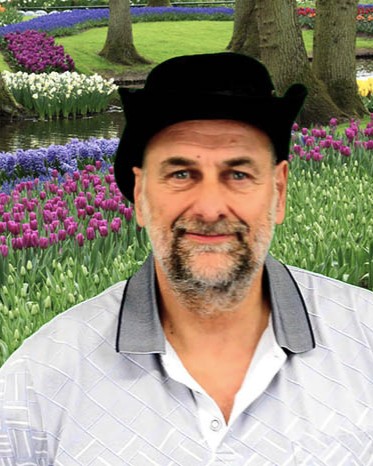
Robert Pavlis
Robert Pavlis is a Canadian gardener, horticulturist, and author with a passion for dispelling gardening myths and sharing evidence-based advice. He is the owner and head gardener of Aspen Grove Gardens, a six-acre botanical garden in Southern Ontario, where he cultivates over 3,000 varieties of plants, including perennials, grasses, shrubs, and trees. Known for his love of plants, he’s a self-professed plantaholic.
With a background in chemistry and biochemistry, Robert applies his scientific expertise to the world of gardening. He conducts thorough research into the science behind gardening practices and presents the information in a fun, easy-to-understand way.
Robert is the author of several books, including Building Natural Ponds, Soil Science for Gardeners, and Garden Myths. He also publishes the popular gardening blogs GardenMyths.com and GardenFundamentals.com, where he offers practical, science-backed advice on a wide range of topics such as composting, soil science, and plant care.
Day 4 Keynote: Thursday August 25th 1:45PM
Presentation: Gardening Myths
This informative presentation will debunk common gardening myths, such as the best way to plant trees, the safety of natural pesticides, whether hostas can grow in the sun, and the effectiveness of weed barriers. Using engaging visuals of gardens and flowers, this session will clarify misconceptions and provide science-based insights to help gardeners make better-informed decisions.
Nicole Stott
Nicole Stott is an astronaut, aquanaut, engineer, artist, and author of Back to Earth: What Life In Space Taught Me About Our Home Planet – And Our Mission To Protect It; and most importantly a mom. She creatively combines the awe and wonder of her spaceflight experience with her artwork to inspire everyone’s appreciation of our role as crewmates here on Spaceship Earth.
Nicole is a veteran NASA Astronaut with two spaceflights and 104 days in space as a crewmember on both the International Space Station and the Space Shuttle. Personal highlights of her time in space include being the 10th woman to perform a spacewalk, first person to operate the ISS robotic arm to capture a free-flying cargo vehicle, painting the first watercolor in space, working with her international crew for the benefit of all life on Earth, and of course the life-changing view of our planetary home.
Nicole is also a NASA Aquanaut. In preparation for spaceflight, she was a crewmember on an 18-day saturation dive mission at the Aquarius undersea laboratory.
Nicole believes that the international model of peaceful and successful cooperation we have experienced in the extreme environments of space and sea holds the key to the same kind of peaceful and successful cooperation for all life here on Earth.
On her post-NASA mission, she is a technical and creative consultant, motivational speaker, and advocate for all we do in space that is ultimately for the benefit of all life on Earth. Nicole is also extremely proud of her role as a founding director of the Space for Art Foundation — uniting a planetary community of children through the awe and wonder of space exploration and the healing power of art; and as a partner in purpose with Christina Korp and Space For a Better World – connecting the space curious to the space serious.
Closing Keynote: Monday August 25th 4:30PM
Presentation: Back to Earth: What Life in Space Taught Me About Our Home Planet—And Our Mission to Protect It
When Nicole Stott first saw Earth from space, she realized how interconnected we are and knew she had to help protect our planetary home. In this session Nicole imparts essential lessons in problem-solving, survival and crisis response that each of us can practice to make changes. She knows we can overcome differences to address global issues, because she saw this every day on the International Space Station. Nicole shares stories from her spaceflight and insights from sciences, activists and changemakers working to solve our greatest environmental challenges.
She learned about the complexities of Earth’s biodiversity from NASA engineers working to enable life in space, and from scientists protecting life on Earth for future generations. Ultimately, Nicole reveals how we each have the power to respect our planetary home and one another by living our lives like crewmates, not passengers, on an inspiring shared mission.
